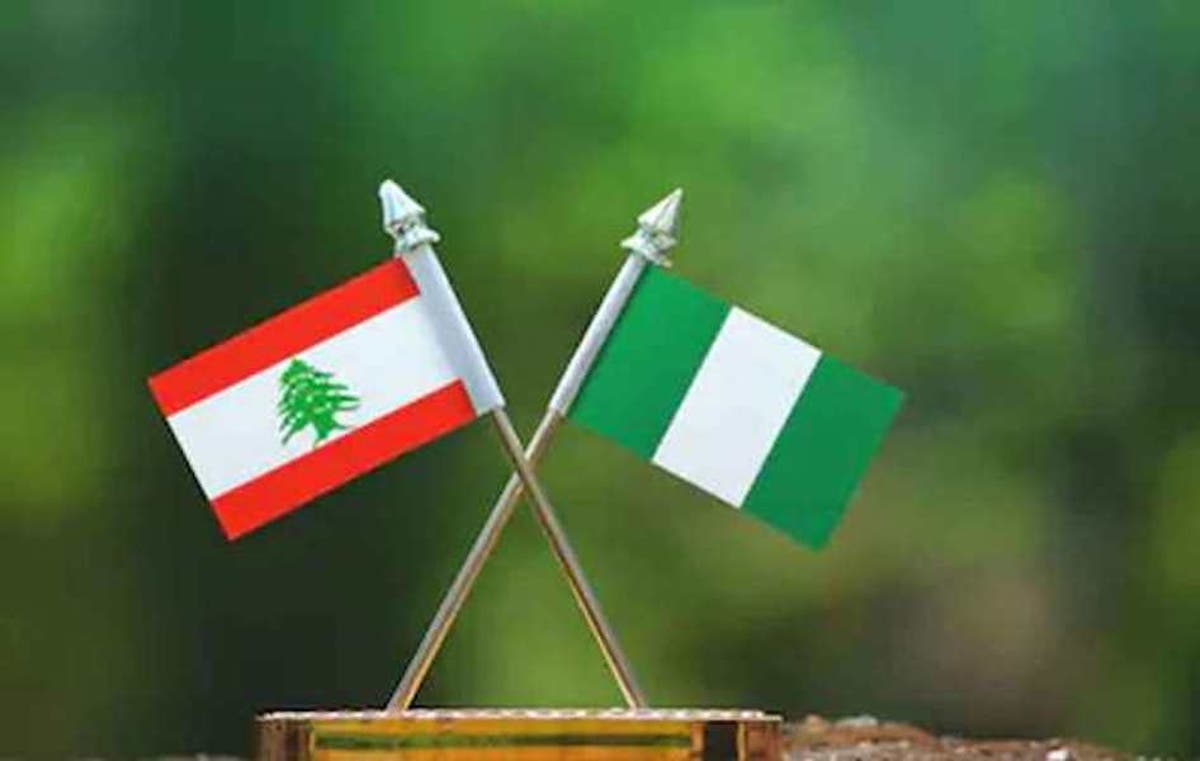Nigeria: Avoiding Lebanon’s sectarian trap
Religion is well entrenched in our mixed society. Its centrality in the lives of Nigerians is eloquently illustrated by the 2006 survey conducted by Pew Forum on Religion and Public Life which reported that a preponderance of the population puts their religious identity above nationality. And, over so many years, it has constituted a highly […]

Religion is well entrenched in our mixed society. Its centrality in the lives of Nigerians is eloquently illustrated by the 2006 survey conducted by Pew Forum on Religion and Public Life which reported that a preponderance of the population puts their religious identity above nationality.
And, over so many years, it has constituted a highly radioactive matter that has torn us apart. We cruelly violated the sanctity of life as we spill blood under its banner. Thereupon, ensuring the partitioning of some of our cities which made interaction distant; foreclosing the possibility of locking hands together in dealing with the mountain of challenges that exist in the form of hunger and poverty.
Together with its cousin- ethnicity; religion has reduced the best of us to the basest level, and have constrained many into viewing things only from religious-coloured spectacles that lead not only into being intolerant but also to purveyors of bigotry.
It goes without saying that religion is gradually shorn of its spiritual essence due to its immersion into hot political discourse and rhetoric that is often riddled with incendiary conspiracy theories. The unhelpful consequence is its use as a tool of mass mobilisation and a pawn for political ambition. Once again, the wind of the 2023 election is revealing our atavistic instincts. The signs are all over that citizens would line up behind religion in determining who leads the country.
Of course, the choice of leaders based on such primordial consideration has proven to be well and truly counterintuitive. So, we should know better from experiences that the cascade of leaders that were tacitly offered religious ladder to climb to the top never turned out to be meaningful in turning the tide against chronic poverty, insecurity, infrastructural deficit or improvement on health and education.
We need to be circumspect in driving on the road of religion. Lebanon is a pathetic picture of the ravages of the exaltation of religion – the country has melted like wax under intense heat. Since independence in 1943, the country has had to be held together by a national pact to accommodate its religious diversity.
The state of affairs is such that allegiance is to the various power blocs and not Lebanon. The commonly brandishing of flags of the different religious groups and not that of the country typifies the great divide; and, the power blocs are known to have built bridges with extraneous powers which come with unstinting support at a huge cost for Lebanon. The country has effectively become an appendage to the foreign interests.
The power arrangement has serially been implicated as a huge challenge for its development. The entrepreneurial and hardworking Lebanese have effectively lost a beautiful country to work and live in peace with pride- a place once described as the Paris of the Middle East. The challenging state of affairs hasn’t discriminated against any religious group pointing to the fact that poverty and hunger know no religion.
The scenario playing out in Lebanon provides a glimpse to the paranoia of not a few countries that have placed religion on a tight leash in the name of national security. Religious activities hardly go on under their radar and they are keen on insinuating their ‘doctrine’ into the operation of various groups.
I think it’s apt to liken religion to a knife- which could be a tool for good or bad depending on how it is deployed. Make no mistake, that religion has a place in the public square- it can be a boon for development owing to its merits for sharpening the conscience of adherents and as arbiter of morality if rightly deployed. Its role in provision of social services, human capital development is well known.
Managing our religious diversity is key to departing the world of illusory nationhood that we live in. Our successful walk to development is based on the attempt at circumventing religion as a test for leaders and political offices.
Abachi Ungbo wrote via [email protected]
